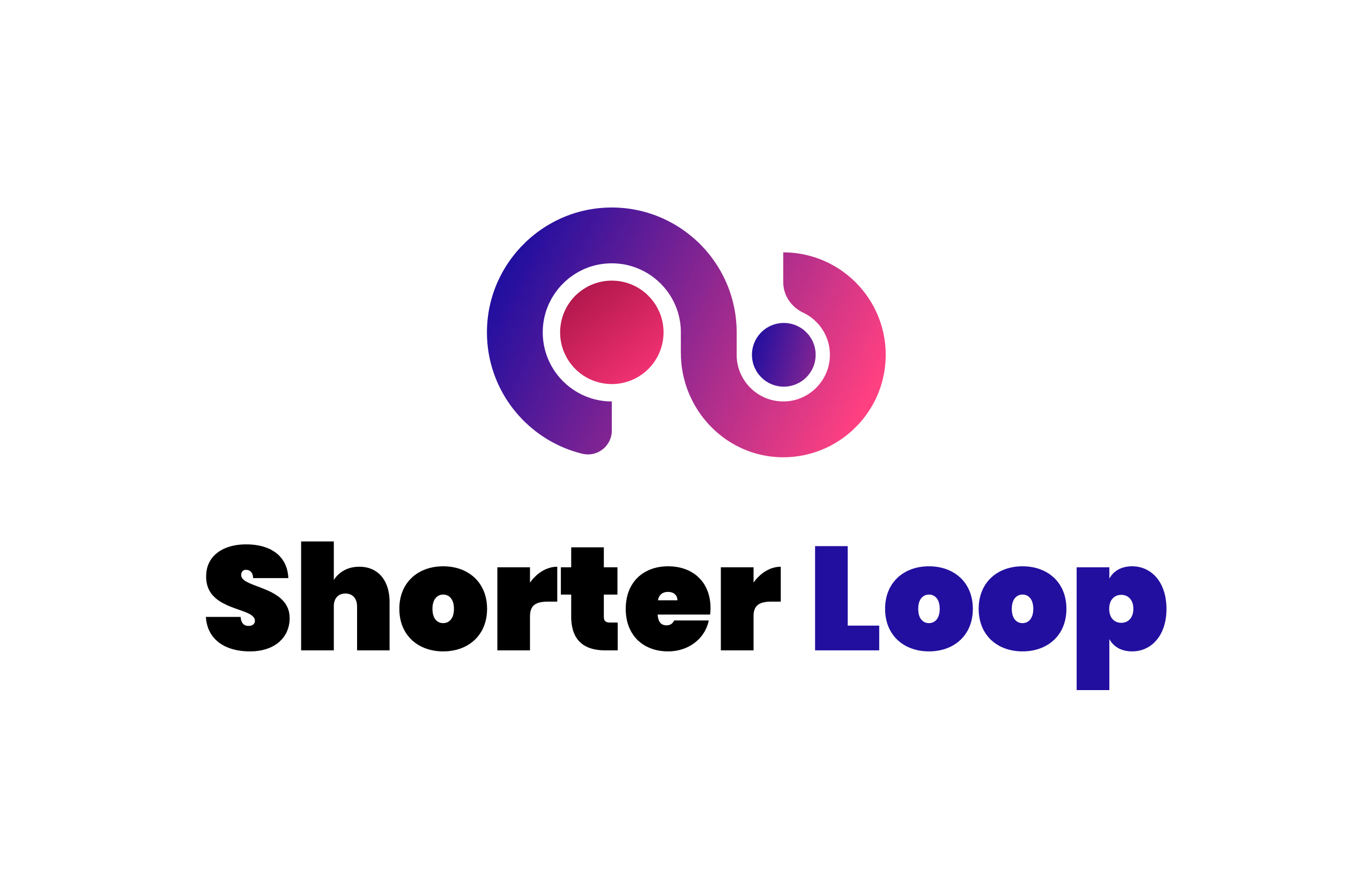What is Wiki?
A Wiki is a collaborative online platform that allows users to create, edit, and link web pages easily. It is designed to enable the sharing of knowledge and information among a group of people, typically within an organization or a community. The term "Wiki" is derived from the Hawaiian word for "quick," which reflects the speed and ease with which users can create and modify content on a Wiki.
History of Wiki
The concept of a Wiki was first introduced by Ward Cunningham in 1995 when he created the WikiWikiWeb, the first-ever Wiki platform. Cunningham's idea was to create a simple, user-friendly platform that would allow people to collaborate and share information without the need for extensive technical knowledge. Since then, the concept of a Wiki has evolved and expanded, with the most famous example being Wikipedia, the largest and most comprehensive online encyclopedia.
Features of a Wiki
Wikis have several key features that make them unique and effective tools for collaboration and knowledge sharing. These include:
- Easy content creation and editing: Wikis use a simple markup language or a WYSIWYG (What You See Is What You Get) editor, allowing users to create and edit content easily without the need for HTML or other coding skills.
- Version control: Wikis automatically track changes made to pages, allowing users to view previous versions of a page and revert to an earlier version if necessary. This feature ensures that information is not lost and provides a record of the evolution of the content.
- Linking and organization: Users can create links between pages within a Wiki, making it easy to navigate and organize information. This feature allows users to create a web of interconnected pages, providing a comprehensive and easily accessible knowledge base.
- Collaboration: Wikis are designed to facilitate collaboration among multiple users. Users can work together on a single page or project, with the ability to add, edit, and comment on content. This feature encourages the sharing of ideas and expertise, leading to more accurate and comprehensive information.
- Access control: Wiki administrators can control who has access to view, edit, or delete content on the platform. This feature allows organizations to maintain the integrity of their information and ensure that only authorized users can make changes.
Uses of a Wiki in Product Management
Wikis can be a valuable tool in the field of product management, providing a centralized platform for teams to collaborate, share knowledge, and manage documentation. Some common uses of a Wiki in product management include:
- Product documentation: Wikis can be used to create and maintain product documentation, such as user guides, technical specifications, and release notes. This allows teams to keep documentation up-to-date and easily accessible for both internal and external users.
- Knowledge sharing: Product managers can use a Wiki to share information and best practices with their team, such as market research, competitive analysis, and customer feedback. This can help improve team collaboration and decision-making.
- Project management: Wikis can be used to track project progress, assign tasks, and manage deadlines. This can help keep teams organized and ensure that projects stay on track.
- Internal communication: A Wiki can serve as a central hub for team communication, providing a space for announcements, meeting notes, and discussion forums. This can help improve communication and collaboration within the team.
In conclusion, a Wiki is a versatile and powerful tool that can greatly benefit product management teams by facilitating collaboration, knowledge sharing, and documentation management. By leveraging the unique features of a Wiki, product managers can improve their team's efficiency and effectiveness, ultimately leading to better products and happier customers.
